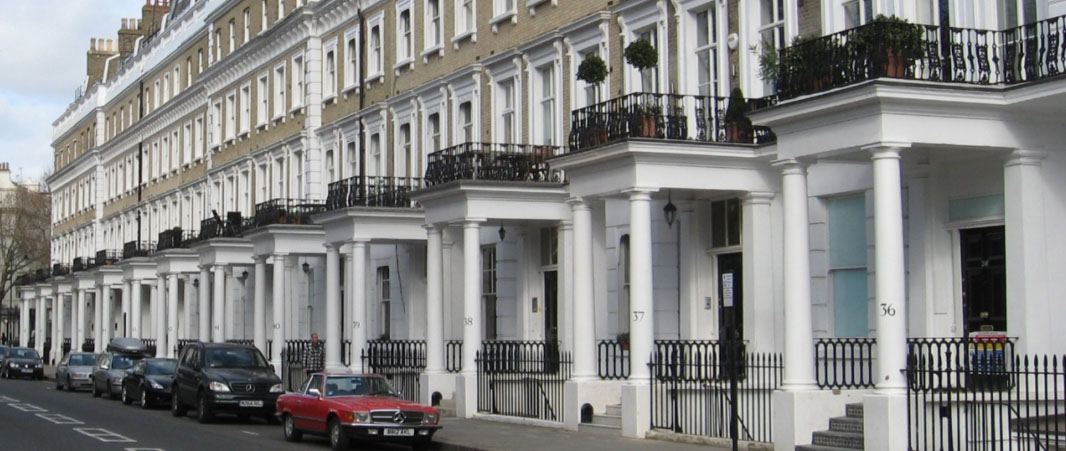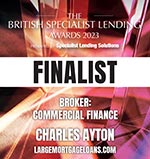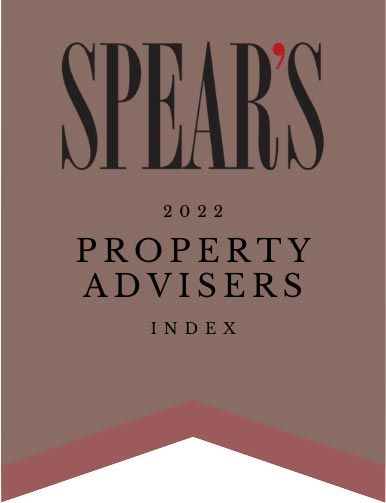Like any industry, there is a lot of terminology in the mortgage market which can be confusing if you haven’t encountered it before. One type of lending we can help with is a second charge mortgage which, quite simply, is a second mortgage on your property. It can be helpful in a variety of situations and is often used as an alternative to remortgaging when doing so would incur significant early repayment charges. As it’s a complex area of lending, it requires a specialist adviser who knows how to navigate this market.
Case profile
We were recently approached by a self-employed client who had purchased a new home with a mortgage six months prior. He was keen to renovate the property and needed funds to do so; however, he faced a number of obstacles.
A complicated factor is that the client owned the property for less than 12 months; therefore this point required negotiation. Our client also had a commercial mortgage, meaning he would need to pass affordability tests which took both his personal and business lending into account. Additionally, the client was looking for a lender who would understand the value of the works they had already undertaken to the property, which had increased its value. Therefore our team needed to source a lender who would consider all of these bespoke requirements.
Solution
Having only recently secured a mortgage, remortgaging would have incurred early repayment charges and therefore wasn’t an option for our client. We looked to secure a second charge mortgage on a 22 year term with no early repayment charges, giving our client the flexibility to repay the loan at any time. The lender we secured took into account the uplift in value of the property and, with both the first and second charge loans combined, the lending was approaching 85% LTV, a limit to which only a select group of lenders will stretch to. Thanks to the negotiation skills of our Senior Mortgage Associate, Aimee Hadley, our client now has the funds in hand to use as they see fit on the property renovations.
Your home or property may be repossessed if you do not keep up repayments. You may have to pay an early repayment charge to your existing lender if you remortgage.




















